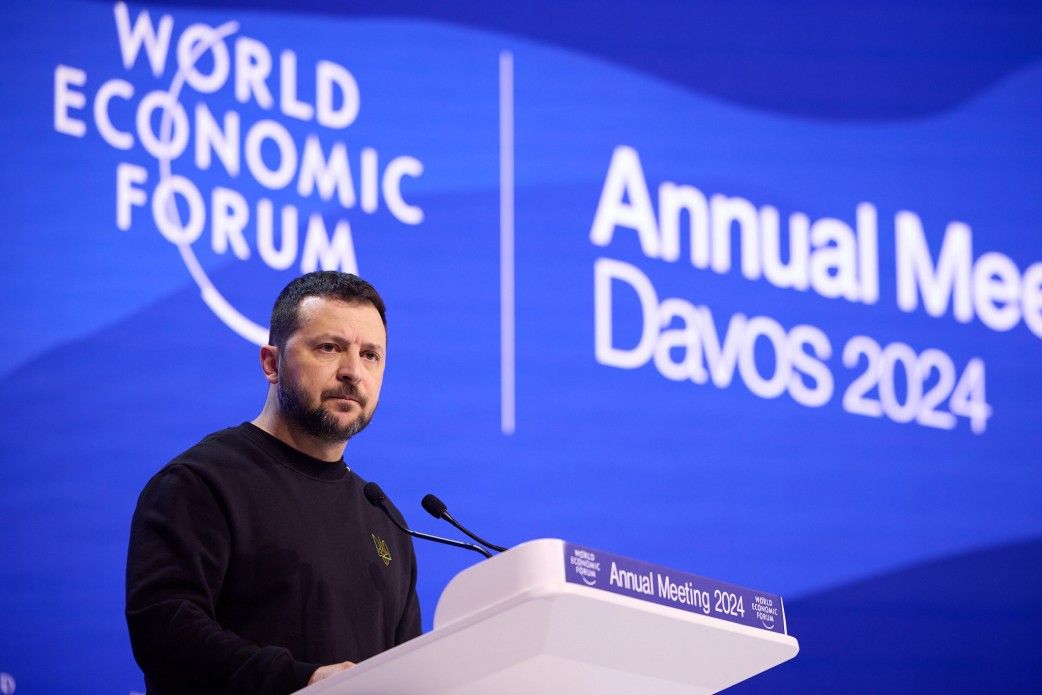Media: Money transfers from Russia to Turkey close to standstill

Turkish exporters have faced an almost complete halt of money transfers from their Russian clients since Jan. 1 as they were either returned or rejected by banks, which has led to serious disruptions in trade between the two countries, Turkish media outlet Ekonomim reported on Jan. 16, citing anonymous sources.
Turkish exports of goods to Russia that Moscow uses for military production have reportedly spiked in 2023, strengthening concerns about sanctions circumvention.
Following the U.S. Secretary of State Antony Blinken's recent visit to Ankara, Turkish companies could not receive payments from Russia in Turkish lira and Russian rubles, with some banks sending the money back and others rejecting transactions they had previously accepted, saying that these were "prohibited goods," one the sources told Ekonomim.
Blinken visited Ankara on Jan. 6 and met Turkish Foreign Minister Hakan Fidan, discussing sanctions and export control evasion, among other topics.
The U.S. and the EU have long sought to curb Russia's ability to import dual-use goods via third-party countries. Companies in states like Kazakhstan, Serbia, Turkey, and others have been accused of re-exporting sanctioned products to Russia, fueling the country's war machine amid the invasion of Ukraine.
According to Ekonomim, problems with money transfers from Russia to Turkey started in December last year and escalated in early January 2024.
These problems are related to the latest expansion of the EU sanctions list and may occur even if a Turkish exporter sells goods that are not subject to sanctions but its client is sanctioned or when Turkish banks have transactions in rubles on their balance sheets, a source in Turkey's Trade Ministry told Ekonomim.
While the West has strengthened its sanctions against Russia following the full-scale invasion of Ukraine, Turkey's exports to Russia increased by 23.2% last year compared to 2022, according to the media outlet.
Turkey recorded $158 million in exports of 45 goods like microchips, marked by the U.S. as "high priority," to Russia and five "former Soviet countries" suspected of serving as intermediaries for Moscow over the first nine months of 2023, the Financial Times wrote on Nov. 27.
This was three times the number recorded over the same period last year. The average figure for 2015-21 was $28 million, according to the Times' analysis.














